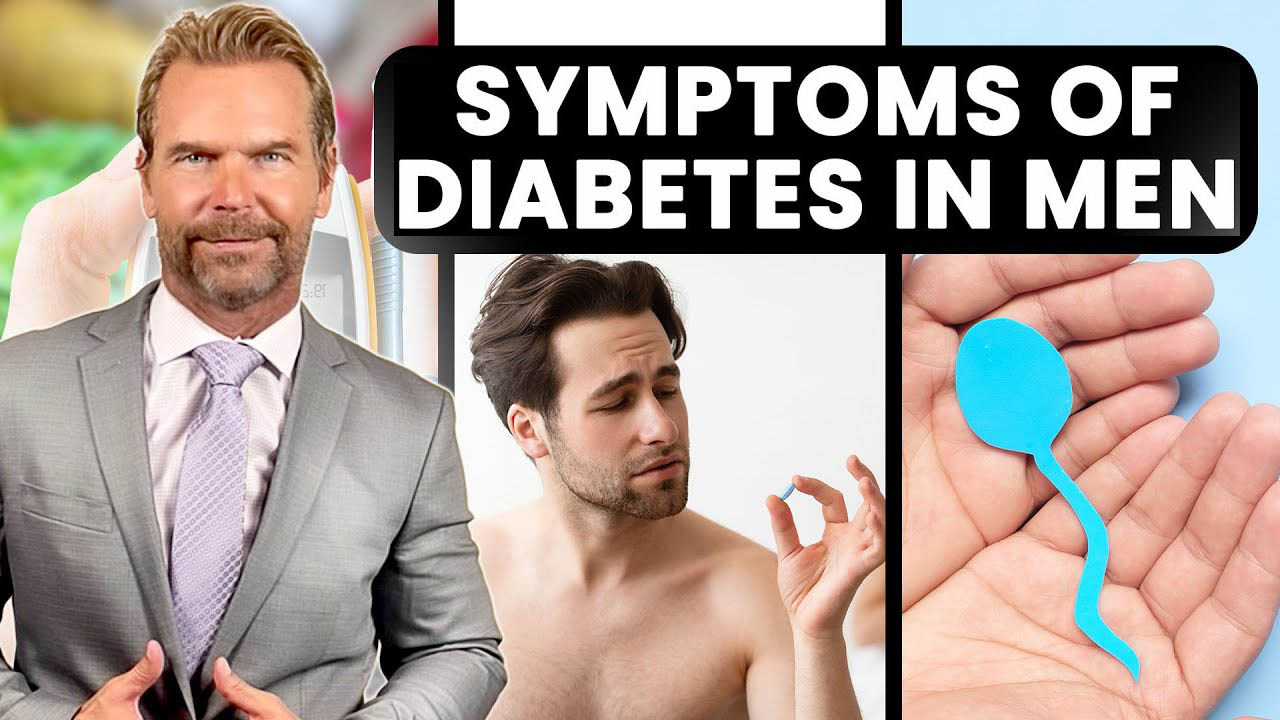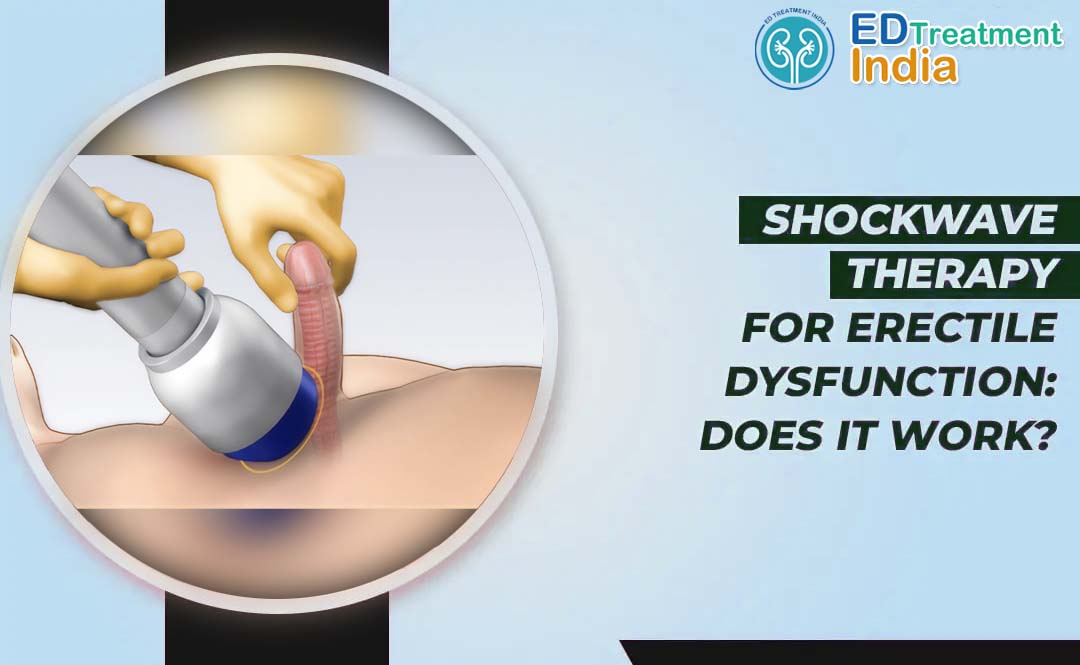Breaking the silence on erectile dysfunction: Open dialogue and accessible solutions for men. Learn about common causes, treatment options, and the importance of discussing this sensitive topic for overall well-being.
Erectile dysfunction. It’s a term most men are familiar with yet very few talk about. Erectile dysfunction (ED) may be an uncomfortable topic for many men (and women), but it impacts nearly 50 per cent of Canadian men between 40 and 88. While often thought of as a condition that affects older men, multinational studies have shown the presence of ED in younger men is as high as 30 per cent.
These numbers show just how common ED is. But many of us avoid the topic when it comes up. That can lead to feelings of guilt and shame for something we should all be talking about.
“One of the biggest issues when it comes to ED is stigma,” says Dr. Kelly Anderson, Medical Director for Felix Health. “Some people don’t want to have the conversation with their partner, friends or even their healthcare practitioner.”
You’re not alone dysfunction can be an
Erectile incredibly isolating experience. Many men even feel it reflects their masculinity — but the two have nothing to do with each other. For some men, ED can be the physical embodiment of a much deeper psychological issue, while for others, a symptom of their broader physical health. Sometimes, ED can simply be a result of certain habits or stress. While medical treatments for erectile dysfunction can be effective in managing symptoms, they can come with stigma too. “There are a lot of misconceptions when it comes to ED treatment. It’s crucial to promote open conversations about ED, awareness of treatment options and highlight accessible treatment,” says Dr. Anderson.
In addition to medication, lifestyle changes can be another effective way to reduce symptoms of Erectile Dysfunction and, unsurprisingly, stress often tops the list of culprits. By initiating fight or flight mode, stress causes the body to deprioritize sexual performance, leading to difficulty maintaining an erection. Small changes to your routine — incorporating meditation, exercising and even talking to friends — can be instrumental in alleviating stress.
While stress may be a leading offender, the impact from other lifestyle choices like smoking and excessive drinking can’t be ignored. In fact, 72 per cent of men with alcohol dependence also experience sexual dysfunction, while nicotine causes blood vessels to narrow, leading to the inability to experience an erection.
Physical v. psychological
Although erectile dysfunction is surprisingly common, it can be difficult to identify a root cause. In many cases, it can be a combination of several things.
Health conditions like diabetes, heart disease, obesity, or even treatment for prostate cancer can all lead to symptoms of erectile dysfunction. However, the mental health and psychological causes can be difficult to understand, let alone overcome.
Like stress, mental health can play a significant role in ED, and for those struggling, it can be a particularly unwelcome symptom. Mental health conditions, like depression and anxiety, can play a critical role in limiting the body’s ability to experience arousal.
Beyond this, psychological causes can spark a vicious cycle. Performance anxiety, feelings of guilt, and lowered self-esteem can result from ED, as well as contribute to the cause. The term “getting in one’s head” rings particularly true for people caught in this cycle.
It’s crucial to promote open conversations about ED, awareness of treatment options and highlight accessible treatment.
Treatment (with a dose of discretion)
The good news is that there are options for many of the causes of ED treatment options like general therapy, relationship counselling, and targeted talk therapy have all shown to be effective ways of managing and working past these issues.
As with any health concern, sometimes medication is the most effective way forward, and ED is no exception. The stigma that goes along with it, however, can make vulnerable conversations on the topic particularly awkward — even with your healthcare provider.
On-demand treatment provider Felix Health has connected over 500,000 Canadians with licensed healthcare practitioners online. “Many of our patients say they find it more comfortable to chat virtually with our healthcare practitioners, and we want to make this conversation as easy as possible,” says Dr. Anderson.
With medically-backed quizzes, discreet delivery, empathetic and understanding practitioners, and assessments done in the comfort of your own home, Felix hopes to take the awkwardness out of ED, encouraging more Canadian men to explore the ED treatment options available to them.




